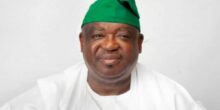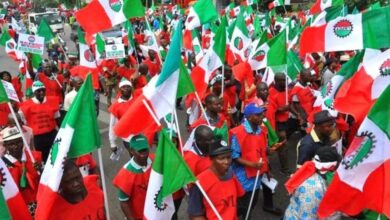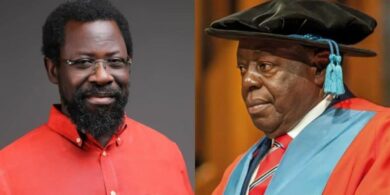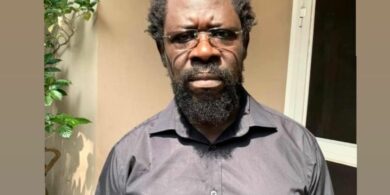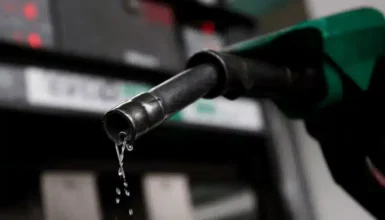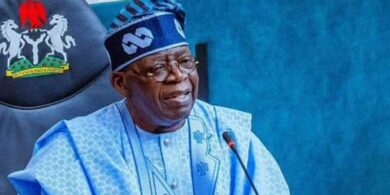Tinubu boasts of meeting obligations without touching NNPC funds
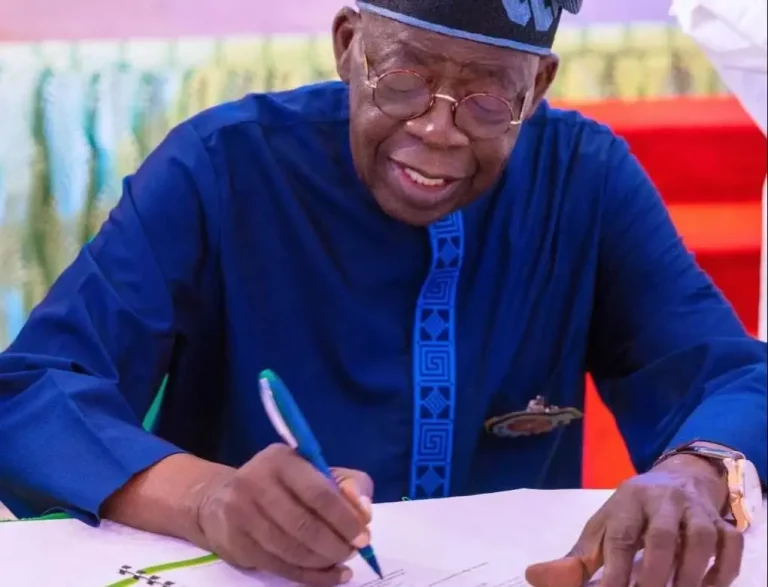
President Bola Tinubu has revealed that, over the past three months, he has successfully met Nigeria’s financial obligations without relying on remittances from the Nigerian National Petroleum Company Limited (NNPCL) or utilizing the Central Bank of Nigeria’s (CBN) Ways and Means.
During a media chat on Monday night at his Bourdillon residence in Ikoyi, Lagos, the President highlighted his administration’s ability to break away from previous financial practices.
“Push me to my brag mode,” Tinubu remarked cheerfully, “In the last three months, I’ve not taken a penny from NNPC before meeting my obligations. To me, that is excellent.”

When asked if he was self-assessing his performance, the President responded confidently, “Why not? Will you score me? If I do my homework right, I should grade myself.”
In the same media chat, President Tinubu reiterated his administration’s commitment to combating corruption in all its forms. He identified raising the national minimum wage to ₦70,000 as a key measure aimed at tackling the root causes of corruption.
“Corruption in all ramifications is bad for the people,” Tinubu stated. “But first, pay attention to the causes. Why are people corrupt? Lack of social amenities, lack of funds, their children’s education…”
He explained that providing living wages and addressing societal needs are essential anti-corruption strategies. “There are many anti-corruption mechanisms we can put in place to help people avoid corruption. Paying them good and living wages is one of them. I increased the minimum wage from ₦35,000 to ₦70,000; to me, that’s anti-corruption,” Tinubu added.
The President also emphasized the importance of transparency in governance, revealing that his administration has increased funding for state and local governments while openly disclosing the government’s revenue.
Acknowledging that corruption cannot be entirely eradicated, Tinubu stressed that it can be minimized significantly by meeting citizens’ basic needs. “It’s very difficult to say you’ll eliminate corruption completely, but you can reduce it to the barest minimum by addressing the people’s needs,” he concluded.

